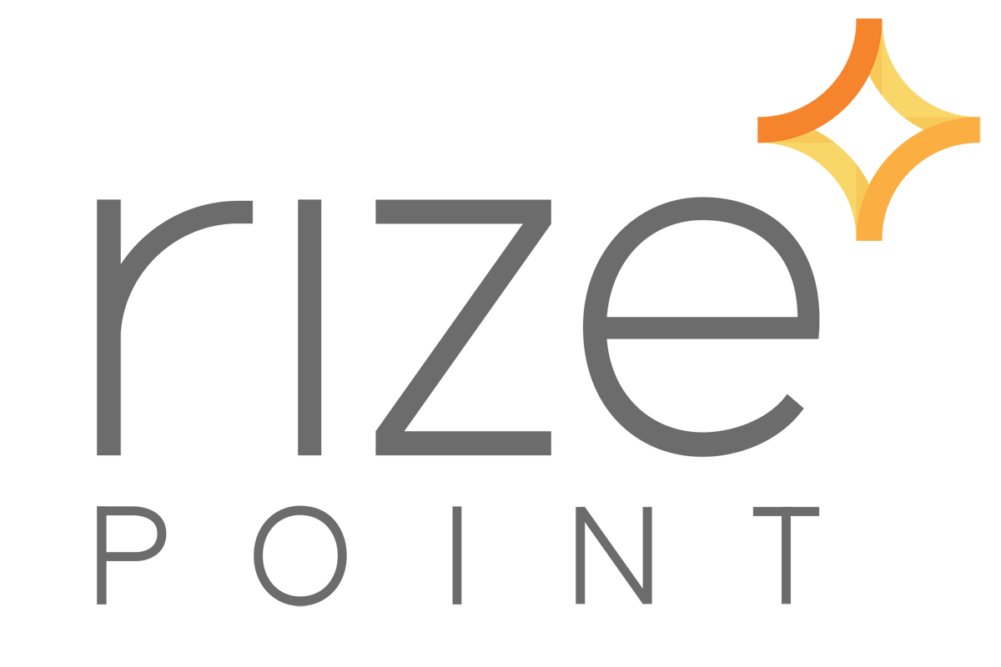Salt Lake City-based RizePoint acknowledges that International Organization for Standardization (ISO) compliance can be daunting, time-consuming and costly. However, the company says that technology is changing the game for ISO compliance.
"SaaS-based quality and audit software can automate many tasks associated with ISO compliance, helping organizations easily track and manage their quality metrics, generate reports, and document corrective actions,” said Paul Damaren, executive vice president of business development at RizePoint. “This can save significant time and reduce the risk of errors. Technology can also provide real-time visibility into the compliance process. With access to real-time data, organizations can quickly identify and address any issues that may arise, helping to ensure that they stay compliant."
According to RizePoint, ISO compliance software offers the following seven benefits:
Automating critical tasks.
“Technology can automate many of the tasks associated with ISO compliance, including tracking and managing quality metrics, generating reports, and documenting corrective actions. This can save a significant amount of time and reduce the risk of errors.”
Achieving real-time visibility.
“Use technology to provide real-time visibility into the compliance process. With access to real-time data, organizations can quickly identify and address any issues that may arise. This can help ensure that the organization stays compliant.”
Centralizing record-keeping.
“Tech solutions help organizations centralize and track the various components of ISO standards, including certification documents, audit information, and operational records. This can save time and reduce errors compared to managing paper records and manually tracking certifications.”
Simplifying the process.
“Simplify the ISO compliance process by using tech tools to collect, centralize, organize, store, and analyze the necessary information in a streamlined and efficient manner.”
Reducing risk.
“Use technology to help reduce the risk of food safety breaches and other incidents that could cause major financial and reputational damage. By achieving ISO compliance, organizations can increase the safety and quality of their products and processes, and showcase their commitment to doing things correctly.”
Cutting costs.
“Investing in modern tech solutions to achieve ISO compliance can provide a strong ROI by cutting costs through energy efficiency, preventing damages that would come from a food safety breach, and boosting customer confidence, loyalty, and sales.”
Spotlighting this priority to key stakeholders.
“By becoming ISO certified, you're demonstrating that you prioritize safety, quality, consistency, and compliance, and that you've put measures in place to provide consistently high-quality products and services. Since ISO is widely considered the global gold standard, being ISO certified shows your customers, investors, employees, and other key stakeholders that you're investing the time, money, and energy into running as safely, effectively, and ethically as possible, and that protecting them remains your top priority.”
"Technology is playing an increasingly important role in achieving ISO compliance,” Damaren said. “It can automate many of the tasks associated with the process, save time, reduce the risk of errors, and provide real-time visibility. Organizations that embrace technology will be better equipped to achieve and maintain compliance."
This article is an excerpt from the August 2023 issue of Supermarket Perimeter. You can read the full Food Safety feature and more in the digital edition here.

